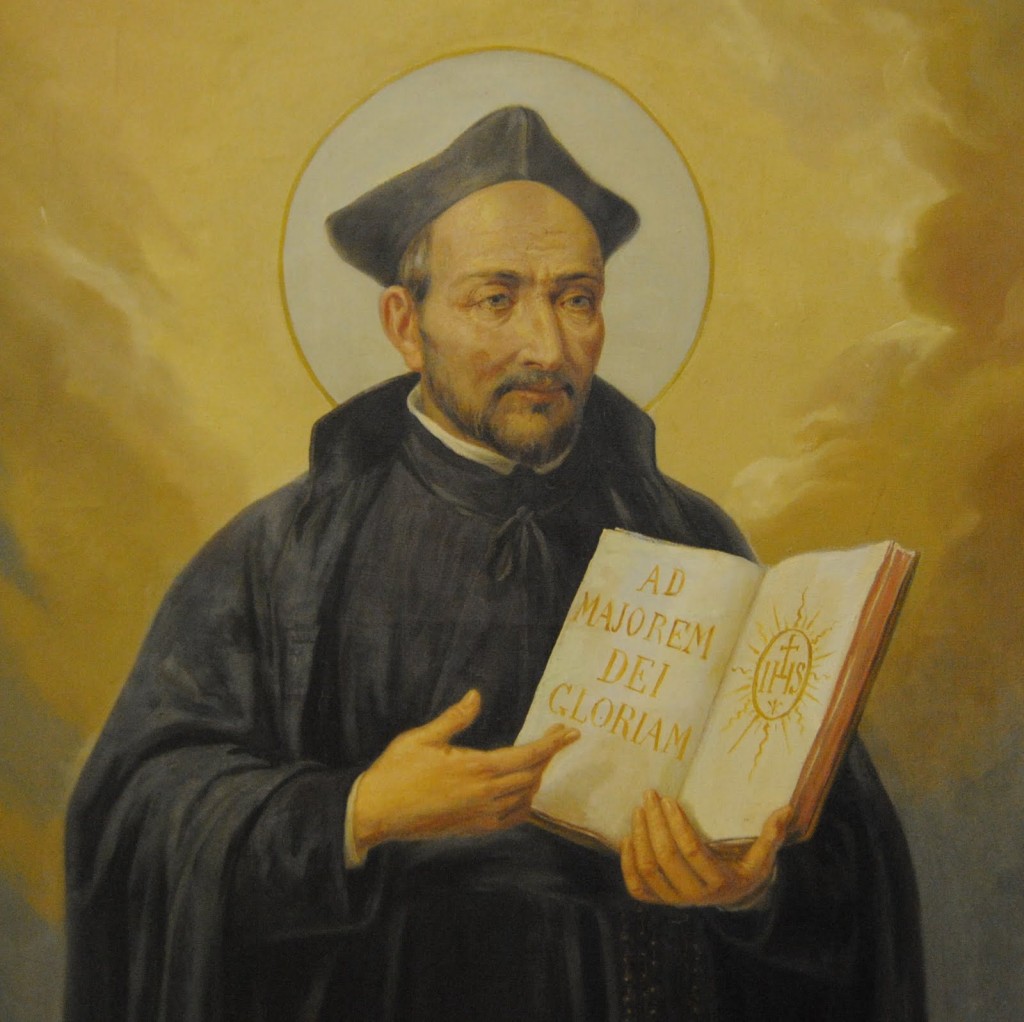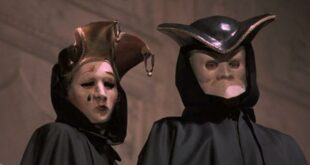Semitic Controversies
November 27, 2014

As a sort of quasi-introduction to several articles I have in preparation on the infamous Jesuit order and its relation to jews and Judaism. I wanted to very briefly cover their famous founder Saint Ignatius Loyola’s, in spite of the later accusations of both anti-Semitism (1) and philo-Semitism that were made against the Jesuit order in later centuries, general comments on the jews.
Ignatius’ commentary on jews and Judaism were remarkably restrained for his time (so far so as to be completely opposed to the prevailing Catholic theology of the day) and instead of condemning them outright as enemies of the faith as his Spanish followers (and it was worth remembering that Ignatius himself was Spanish and had been a soldier until his legs were crippled by a cannonball during his participation in the defense of a Spanish fortress so as such had probably originally held to common Spanish theological ideas or at least given lip-service to them) urged him to. (3) He actively welcomed the jews (both converts and ‘New Christians’ [aka Marranos/Conversos]) into the Jesuit order and made a point of recruiting them. (4)
Nothing speaks more of this rather weird desire than the fact that Loyola and his early companions spared no expense or effort to get the sentences (including and not limited to those of death) of convicted jewish criminals commuted if they expressed a desire or interest in converting and joining the Jesuit order. (5)

This naturally resulted in the fact that quite early on a significant number of the jesuits were converts from Judaism or from ‘New Christian’ families. (6) The most prominent of these was the first prominent Jesuit theologian, architect of the structure of the society as we know it today and the successor to Ignatius: Diego Lainez. (7)
This can be hardly surprising when Ignatius himself went on record as stating that he desired to be of jewish origin himself so (a-la Luther’s argument in ‘That Jesus Christ was Born a Jew’) that he could be closer to Jesus, the saviour of mankind, by sharing the same ancestral origins (which left his Spanish listeners simply horrified for good reason). (8)
Indeed he even claimed that converted jews were better Christians than gentiles! (9)
In essence Ignatius’ case provides proof of the rule that philo-Semitism (the irrational love of the jews) is a gateway through which jews enter an organization/group and in so doing over time turn ot to their ends. Since, as Fulop-Miller points out, (10) this jewishness was an important element to the intellectual formation of the society at large and the promotion of the missionary work in the Americas, India, China and Japan that wasted gifted minds and precious resources in trying to make Europeans out of American Indians or Chinese Mandarins.
References
(1) For example Charlotte Klein, 1974, ‘Damascus to Kiev: Civilta Cattolica on Ritual Murder’, pp. 180-196 in Alan Dundes, 1991, ‘The Blood Libel Legend: A Casebook in Anti-Semitic Folklore’, 1st Edition, University of Wisconsin Press: Madison
(2) For example Rene Fulop-Miller, 1930, ‘The Power and Secret of the Jesuits’, 1st Edition, Viking: New York, pp. 180-181
(3) John O’Malley, 1993, ‘The First Jesuits’, 1st Edition, Harvard University Press: Cambridge, pp. 189-190
(4) Ibid, pp. 59; 188-191
(5) Ibid, p. 191
(6) Ibid, p. 294
(7) Ibid, p. 31
(8) Ibid, p. 190
(9) Ibid, p. 76
(10) Fulop-Miller, Op. Cit., pp. 180-181
 Daily Stormer The Most Censored Publication in History
Daily Stormer The Most Censored Publication in History


